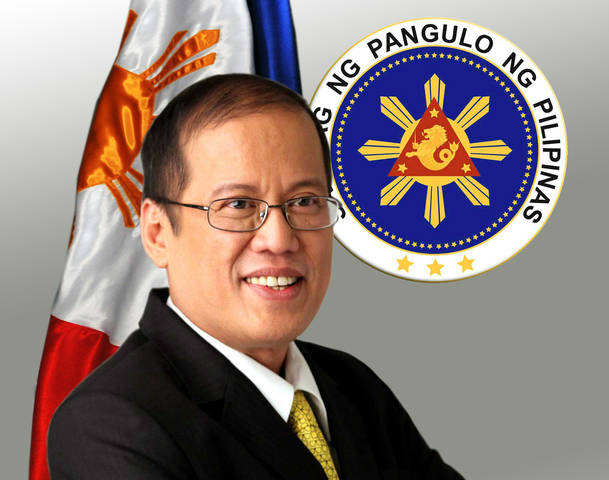Leaders of 30 nations on Monday, November 30 2015 at the Paris climate conference (COP21) jointly issued a historic declaration linking the hands of world’s vulnerable countries across continents. The broad coalition of middle income, least developed and small island developing states worldwide opened prospect of high ambition agreements at COP21 with issuing of what seems like the strongest call to date for full decarbonisation of the world economy 100% renewable energy by 2050, and zero emissions by mid-century in order to keep the world on track for below 1.5 degrees of warming.

“Individually, we are already survivors; collectively, we are a force towards a fairer, more climate-proactive world,” said Philippine President Benigno S. Aquino III.
The Climate Vulnerable Forum (CVF), a body of countries highly vulnerable to climate change founded in 2009, adopted the Manila-Paris Declaration and a three-year Road Map of Activities aimed at enhancing cooperation among and protection for the world’s vulnerable countries.
“Emission cuts harming economic growth is a myth. A commitment to reduce emissions is most likely a commitment to strengthen economic growth. This has been Costa Rica’s experience. Keeping warming to a minimum to below 1.5 degrees won’t simply deliver safety and prosperity, it will also deliver justice,” said Minister of Foreign Affairs of Costa Rica Manuel Gonzalez.
“We refuse to be the sacrifice of the international community in Paris. Anything that takes our survival off the table here is a red line. All parties have an obligation to act. Not doing so is a crime. This Declaration is just the beginning of our efforts to step up our voice and collaboration,” said Anwar Hossain Manju, Hon. Minister of Environment of Bangladesh.
“Climate change does not affect us equally. Those countries which have contributed least to the problem are often affected the most. We are here to cooperate. We are here to share experiences. Even if we contribute the least and suffer the most, we do not sit idle. Ethiopia, for example, communicated in its INDC that it will reduce emissions by 64 percent by 2030,” said Ethiopia State Minister of Environment, Forest and Climate Change Kare Chawicha. Ethiopia was confirmed as the incoming chair of the CVF for the period 2016-2017.
The Forum’s dedicated track of Ministers of Finance, the Vulnerable Twenty (V20) Group, also reported on updates from the efforts of its Working Group since foundation last month in Lima, Peru. V20 Chair and Secretary of Finance, Cesar V. Purisima announced: “We are convinced that the V20 has its role to play in helping to unlock the full potential of climate finance as we look to a new international partnership for moving our effort forward. We will work in this context to take steps to enable our economies to benefit from $20 billion in new and additional finance by 2020, drawing from international, regional and domestic sources, and leveraging maximum degrees of private finance.”
The third ever High-Level meeting of the Climate Vulnerable Forum held in Paris on 30 November 2015 was the culmination of nearly two years of expert, diplomatic and senior official consultations including five regional meetings that culminated on 9-11 November 2015 with a global preparatory meeting in Manila that issued The Manila Communique.
All nominated incoming member countries named in The Manila Comminuque were recognised by the body.
